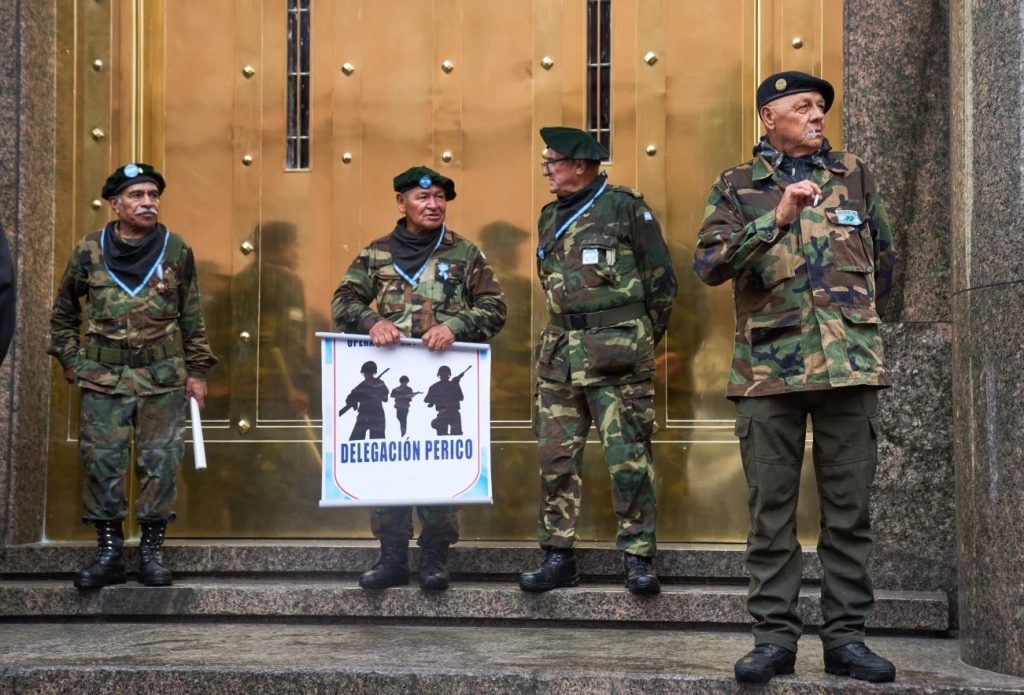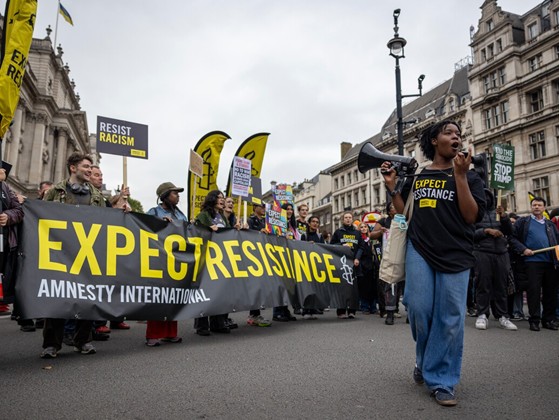This is a recording of a webinar by the Amnesty International South West England Network on 4 December 2025. This features Alena Chekhovich a human rights defender from Belarus.
Alena is a lawyer and legal analyst at Belarusian human rights organisation Human Constanta and international relations manager at the initiative LegalHub. She works on behalf of vulnerable communities, in particular refugees and stateless people, in Belarus. Her main focus is on discrimination, arbitrary detention and exile of foreigners, detention conditions, access to justice and the rule of law, torture and other inhumane treatments, and on strategies to reduce statelessness and raise awareness of the right to international protection.
Alena has, through her human rights work, become subject to intimidation and targeted harassment in Belarus. She had to leave Belarus in December 2022 and now works in exile.


 Across the globe Amnesty activists have been protesting against the arrest of peaceful protesters in the United Kingdom. Amnesty Researcher and Campaigner Catrinel Motoc said:
Across the globe Amnesty activists have been protesting against the arrest of peaceful protesters in the United Kingdom. Amnesty Researcher and Campaigner Catrinel Motoc said: